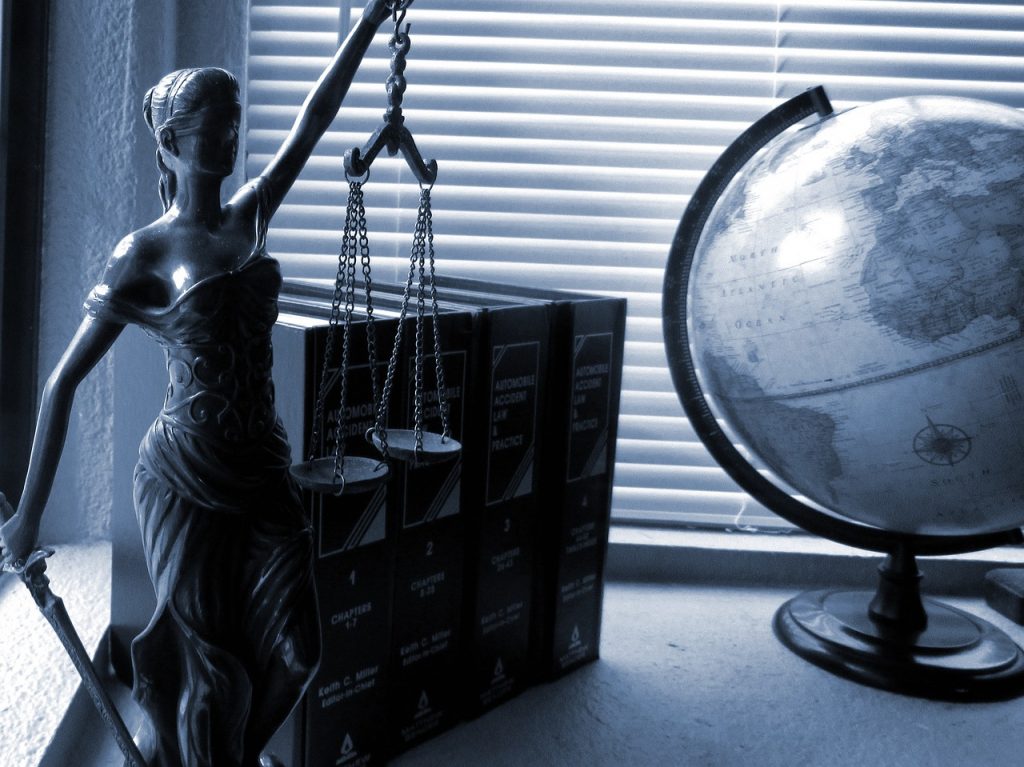1. **Locating a Copy**: The first step is to locate a copy of the will. This could be a photocopy, a digital scan, or any other reproduction that accurately represents the contents of the original will.
2. **Petition the Court**: With the copy of the will in hand, you’ll need to file a petition with the appropriate probate court in the county where the deceased resided. This petition will request that the court accept the copy of the will for probate.
3. **Provide Evidence**: Along with the petition, you’ll need to provide evidence to the court to demonstrate that the copy of the will is a true and accurate representation of the original. This may involve affidavits from witnesses who can attest to the authenticity of the copy.
4. **Notice to Interested Parties**: Illinois law requires that notice of the petition to admit a copy of the will to probate be given to all interested parties, including heirs, beneficiaries, and creditors of the estate. This ensures that all relevant parties have the opportunity to contest the validity of the copy.
5. **Court Hearing**: The court will schedule a hearing to consider the petition. During the hearing, the judge will review the evidence presented and determine whether the copy of the will should be admitted to probate. If there are no objections and the court is satisfied with the evidence, it will issue an order admitting the copy of the will to probate.
6. **Estate Administration**: Once the copy of the will is admitted to probate, the executor or personal representative named in the will can begin administering the estate according to its terms. This may involve gathering assets, paying debts and taxes, and distributing property to beneficiaries as outlined in the will.
While losing the original will can complicate the probate process, it’s not necessarily a roadblock. With the help of an experienced probate attorney, you can navigate the legal requirements for admitting a copy of the will to probate and ensure that the deceased’s wishes are carried out according to the law.

